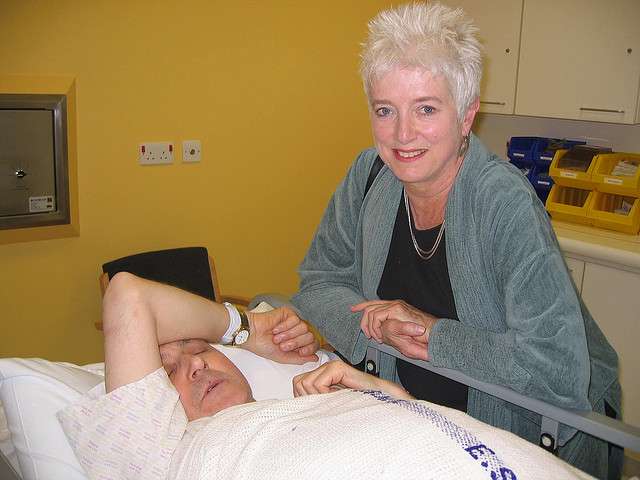Seating adaption aids prostate cancer remedy

A simple adaption to currently-available radiation therapy devices for use in treating prostate cancer should reduce the chance of irreversible damage to healthy organs.
The research involved WA scientists and headed by Dr Pejman Rowshan Farzad from University of Western Australia, is aiming to make current treatments more accurate.
Dr Rowshan Farzad says while the goal of radiation therapy is to destroy or damage cancer cells with high energy X-rays with little or no damage to surrounding normal tissues, sometimes that cannot be achieved.
"Radiation has to be delivered as accurately as possible to the cancer cells to achieve the best outcome; however the internal motion of the prostate as a result of breathing and other involuntary actions introduces inaccuracies in the treatment procedure," Dr Rowshan Farzad says.
"This can lead to irreversible damage to healthy critical organs such as the bladder and rectum.
"What we are doing in this project is adapting currently-available treatment devices which are called linear accelerators to enable radiation treatment to be more accurate.
"Our plan is to add a motorised automatic panel to the treatment couch to compensate for the movements of the prostate by using online imaging data from the imagers attached to the linear accelerator.
"As a result, the tumour position remains steady while the patient is breathing.
"The results of this work will not only be highly beneficial to patients with prostate cancer, but also potentially for treating patients with other cancers."
Dr Farzad says funding totalling $35,000 provided by Cancer Council WA will make a huge difference to the project's progress.
"Funding support from Cancer Council WA will help us in the fabrication of the required system for this project.
"By implementing this project in the clinic we expect fewer side effects and lower risk to cancer patients undergoing radiotherapy treatment."
Prostate cancer is the most common cancer affecting men in WA, with one in seven men diagnosed by age 75.
In 2012, 230 men died from the disease and a further 2108 were diagnosed.















